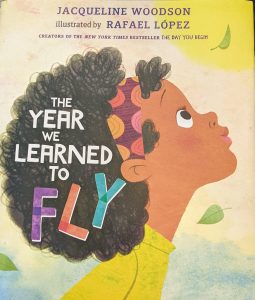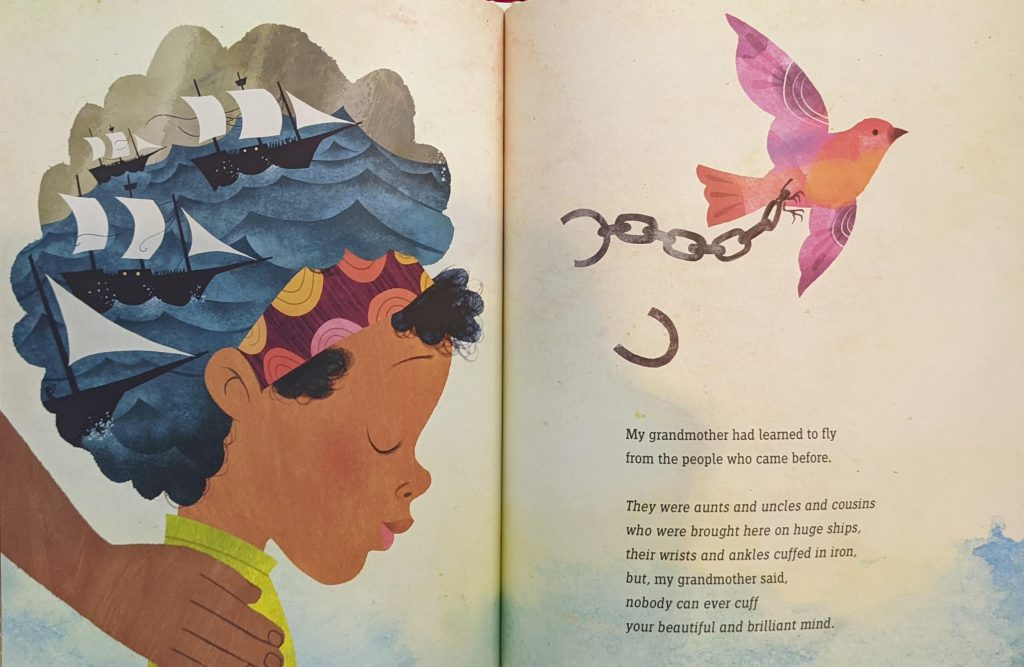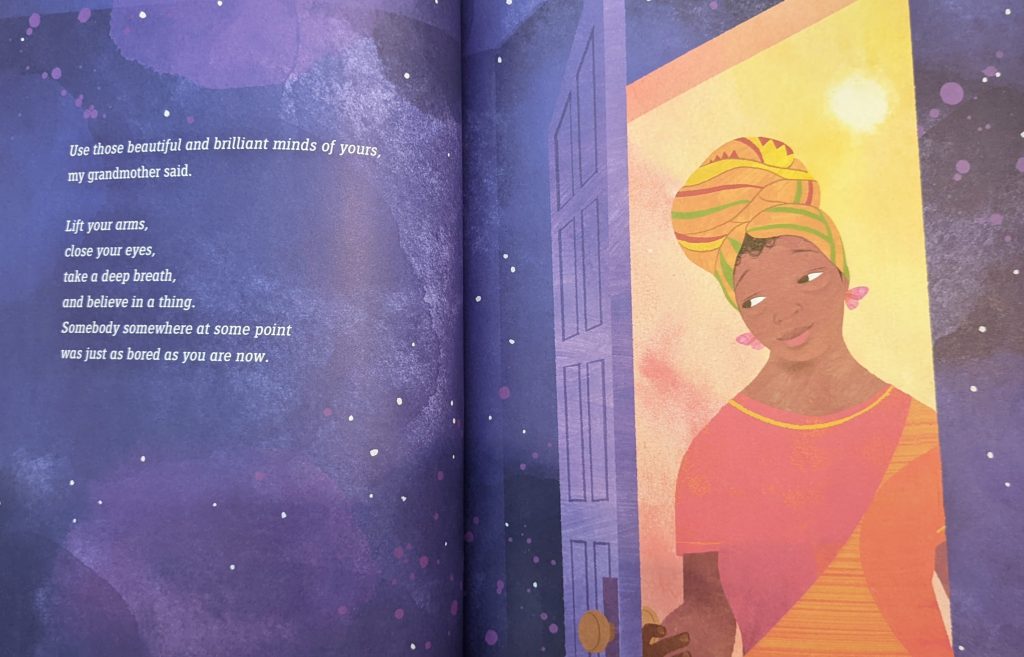12 months in a faculty of education prepared me for a lot of things, but not everything. How could it? Pedagogy, planning, pragmatism, and patience were all part of a very practical preparation and positive preview of what was to come for me as an educator .
Yet, even with rigorous academic, practicum, and professional development poured into the program, a paucity existed due to the finite amount of time for the program to cover the vast scope and variables that are the job. In defence of faculties, it would take several years to cover them and even then, only partially. Perhaps not being prepared for every eventuality was a good thing for me as a teacher because it allowed me to find solutions that did not have their origins in a textbook, but rather ones which were created for each specific moment and context?
I think that there has to be room included in formation of teaching candidates that focuses on situational problem solving. This is where life experience(s) can help out. As a teacher candidate in my forties, I found it interesting to compare worldviews and perspectives, with colleagues who were half my age. It was the times over coffee and in between lectures where some ageless bonds were formed that continue to this day. I also learned that wisdom was ageless as my younger peers so often shared when it came to our discussions about educators having to teach far beyond the curriculum in order to support their students. By beyond, I mean that we had to navigate how we were going to bring humanity into the classroom too.
Outside of lesson planning, curriculum, philosophy of education, and the Education Act there was a lot to cover. I really appreciated the time spent in equity and special education training where we were given numerous real life situations from the classroom to consider and receive coaching on how to best respond. Some of this was really helpful because I at least had a set of tools, but even then there was room for so much more in the kit.
I especially liked the book Beyond Heroes and Holidays and highly recommend giving it a read as a way of sparking staff conversations around racism and equity or as a supportive guide to deeper personal growth. And then came the day when I realized I needed more than that.
Although the seeds were planted in teacher’s college, they did not break through until I was in the classroom where I had to confront a student using racist slurs.
I can still almost feel the time slow down as the blood rushed through my body when it happened. Did I really just hear a student say that? I am pretty sure that my surprise and disappointment were visceral. This was an eye opener for me because that moment did not come with a lesson. Once again, experience became the teacher. What was surprising in that situation was how emotional it all felt. I struggled to process my own responses.
I know that I learned a lot from that event, but knew that my rosy perceptions of innocent school aged children now included a few storm clouds. Hearing from experienced mentor educators added to my comfort and discomfort level all the while building up confidence in the aftermath. It was here where my own experiences and beliefs were transformed into actionable responses rather than reactions in a moment. #learnbeyondthetextbook
Recent news of teachers experiencing anti-Semitic hate perpetuated by students in elementary/middle schools reminds us all that even though we are prepared for some things, we are not prepared for all, especially when it comes to hatred, assault, bigotry or racism. After events like these, it is crucial to have a trusted person to speak with about them. This could be a mentor teacher or administrator who can help process what happened and debrief with you. They can also be there to support you as you overcome. No educator should go through it by themselves
For teachers looking to find or become a mentor, check out the Mentoree website. After years of waiting, I recently joined myself.
I really believe that there are two key elements that need to accompany a B.Ed degree – mentorship and life experience. The absence of one or both will send new teachers out for many challenging days ahead filled with many tests, but few lessons beforehand. And maybe that’s how it is meant to be. A journey of discovery, cutting your path through new spaces. Solving problems as they happen while gathering the tools, surviving the experiences, and keep trying to move forward.
It is so important that educators, regardless of experience, connect with each other whether formally or informally. The days of teachers needing to feel like siloed lone wolves solving every problem that comes their way or its failure thinking are gone. They may or may not be in your building, but there are caring educators willing to offer support, lend an ear, or give advice when asked. Feel free to reach out anytime.
Possible future blog post content below
Since I recommended getting a copy of Beyond Heroes and Holidays, here seems like a good place to suggest some other important must reads for anti-racist educators;
- We Want to Do More than Survive – by Bettina L Love
- All our Relations – by Tanya Talaga
- The Skin We’re In – by Desmond Cole
- Black in School – by Habiba Cooper Diallo
- Biased – by Jennifer Eberhardt
- Caste – by Isabel Wilkerson
- 21 Things You May Not Know About the Indian Act – by Bob Joseph
Feel free to share some of the texts that have pushed you beyond your comfort zones in the comments below. I am always open for book recommendations.



